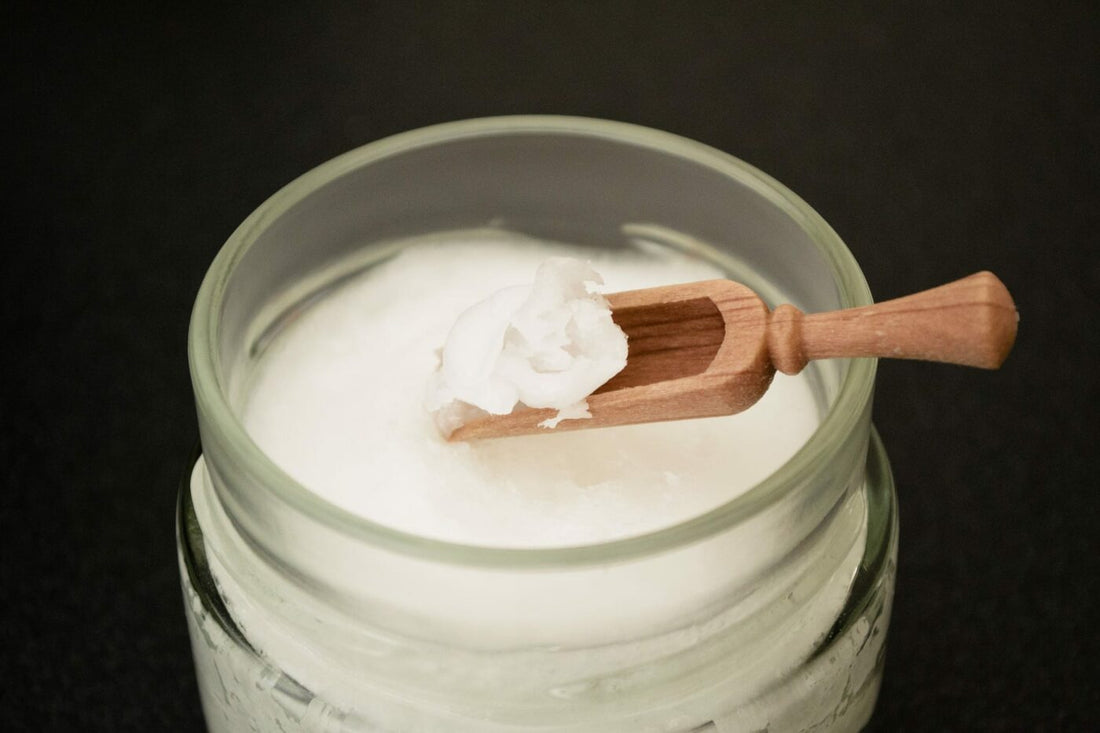
3 REASONS WHY COCONUT OIL IN DEODORANT CAN BE A PROBLEM
Coconut oil has become a controversial ingredient in the past few years. Many consider it the Holy Grail to beautiful skin and people even use it as a healthy alternative in recipes. However, I cannot recommend it for cooking after consulting an article published from Harvard Medical School. Coconut oil is also a highly questionable ingredient in beauty products, as it only works on certain skin types. Throughout developing and formulating kaia naturals’ line of natural deodorants, I’ve discovered the impact coconut oil has when included in a natural deodorant.
Today, I want to share my insights on coconut oil in natural deodorants, and what I have learned through formulating my products.




